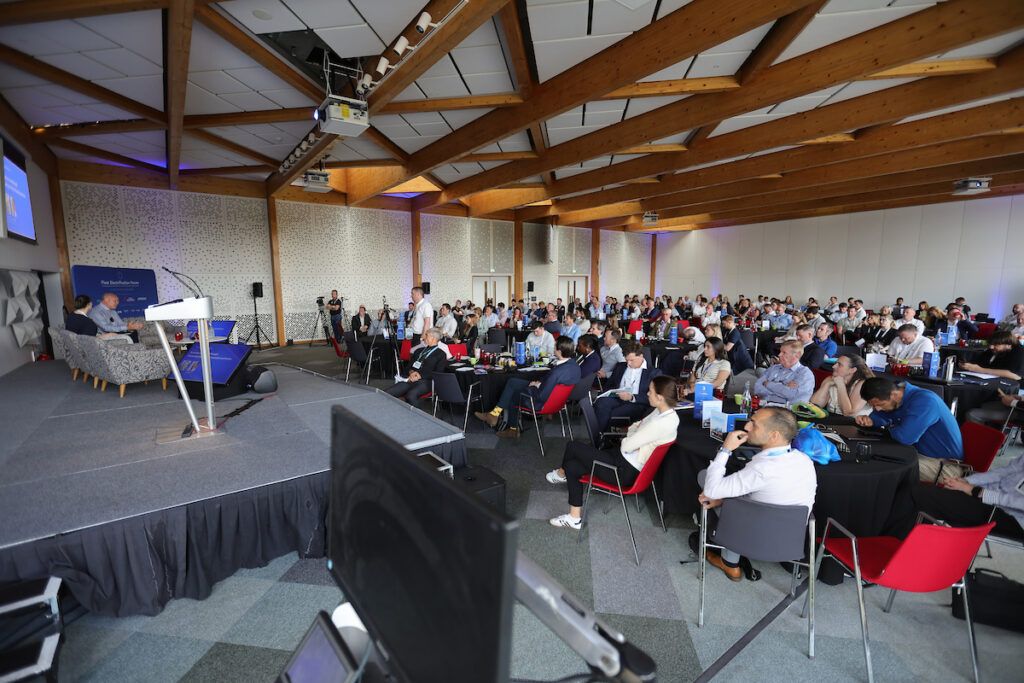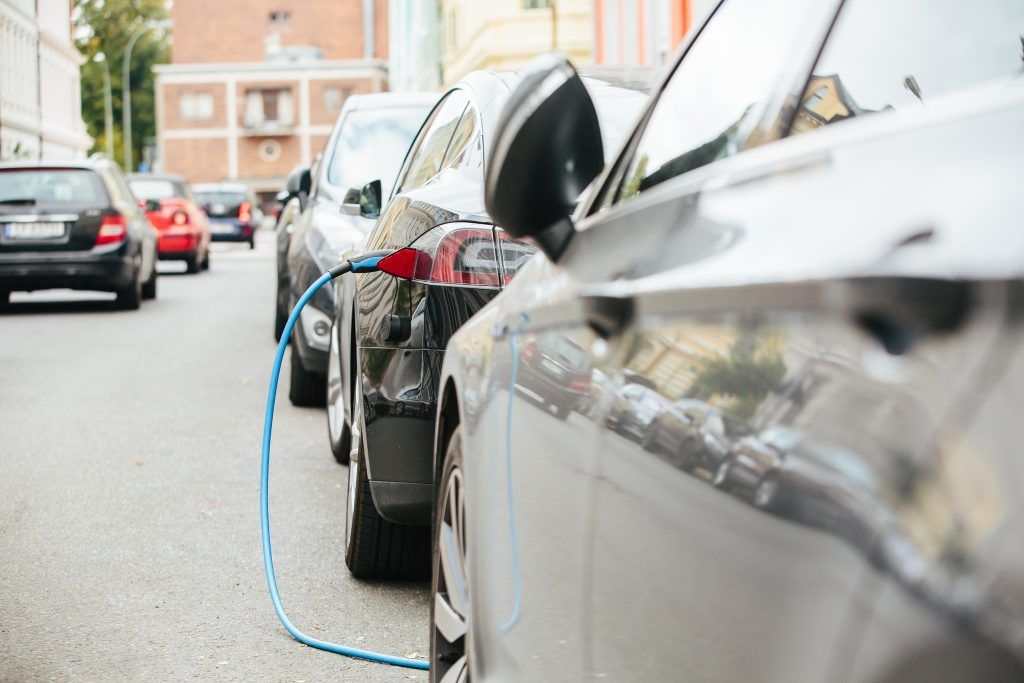Major businesses are committing over 5.5 million vehicles to electric and avoiding 86 million tonnes of CO2 by the end of 2030, according to a new EV100 Progress and Insights report.
These global businesses – including the likes of AstraZeneca, EDF Group and HP Inc. – are all part of a 121 strong membership committed to making electric transport the new normal by 2030, through international non-profit Climate Group’s global initiative EV100.
The 2022 EV100 Progress and Insights Report shows they have already put over 209,000 electric vehicles on the road across their fleets and have installed over 20,000 charging points across 3,100 locations in 74 markets.
As businesses globally gear up to deliver major commitments on net zero right across the economy, EV100 members are demonstrating increasing momentum on achieving their fleet electrification targets.
The report also highlights the three biggest barriers companies encounter on their way to mass electric vehicle (EV) adoption. A lack of reliable charging infrastructure, the higher up-front cost of EVs, and the limited variety of vehicles on the market are limiting further progress.
The report highlights that 78% of EV100 members believe that supportive policies from state, regional and city governments are vital to creating the right political climate for systematic change.
Strong policy support, in particular clear direction-setting in the form of internal combustion engine (ICE) phase-out dates and zero-emission vehicle (ZEV) mandates, are needed to help businesses invest with clarity and confidence in the EV transition.
The report highlights key achievements in international markets:
- EU: Commitments across the EU now total over 215,000 vehicles, and 30,300 of these are already in operation. 56% of EV100 members with fleets across the EU state that charging infrastructure is a significant issue
- France: Members have so far committed over 50,000 vehicles to electric. EDF has seen the most significant increase in EV deployment with 1,950 cars over the past year. 67% of our members with vehicles in France stated that the capital cost of EVs remained a significant barrier to further progress, pointing to the need to build further scale in the market
- UK: The UK leads with the largest number of corporate vehicles committed, at 90,000. The UK also leads the way with committed charging locations at almost 1,000 sites. Despite the positive long-term direction of EV uptake in the UK, continued efforts are necessary to ensure the UK maintains its world leading position. For example, 82% of our UK-based members say that a lack of charging infrastructure is a ‘significant’ or ‘very significant barrier’ to greater EV adoption in the UK
- US: EV100 members have commitments for over 2 million corporate and leased vehicles, and these companies are already operating over 32,000 EVs across the country
- India: EV100 companies based in India are planning to buy at least 40,000 EVs in 2022 – a huge demand signal from our members to manufacturers and governments across the country. But to deliver on these ambitions, our members are clear that supportive policies are needed. 75% of members who have vehicles in India state that an uncertain and underdeveloped policy landscape for EVs is impacting confidence in the transition.
Sandra Roling, Head of Transport at Climate Group, said: “Businesses are increasingly viewing a transition to EVs as a necessary step in their drive towards net zero. We need their ambition to be matched by a wider range of governments, auto manufacturers and businesses across the globe.
“For the EV transition to go further, faster – which it must if we are to limit global temperature rises to no more than 1.5 degrees – charging infrastructure must be built out and manufacturers must expand production and offer a greater variety of EVs. Governments also need to provide clear direction in the form of phase-out dates and ZEV mandates.
“Our EV100 Progress and Insights Report, released today, shows that businesses are making real progress on their commitments to electrify their fleets by 2030. We will continue to raise the collective business voice to remove barriers to further adoption and help accelerate the transition.”
Olivier DUBOIS, Electric Mobility Director at EDF Group, said: “EDF Group joined the EV100 initiative at the end of 2017 and is very proud about its commitment that contributes to the development of charging solutions for our customers in France, United-Kingdom, Belgium and Italy.
“It gives EDF the opportunity to test on the field new innovative solutions like smart charging and to anticipate our customer needs when they move to EV, especially companies with large fleets. Electric mobility has been a strategic development for EDF and EV100 is an example of our strong commitment to decrease CO2 all over our activities.”
Andy Leeden, Global Fleet Manager, AstraZeneca, said: “Despite increases in UK public charging infrastructure there remains significant uneven geographical distribution of charging points across the UK. We need to see the acceleration of charging infrastructure deployment to match increasing battery electric vehicle (BEV) registrations. This is important to support future widespread BEV adoption for people who do not have access to charging either at home or the workplace.”
Image: Shutterstock








